As war continues to ravage Sudan, displacing millions and crippling vital infrastructure, thousands of families have fled the country in search of safety. Among the nations offering refuge is Libya—a country already struggling with its own political and economic issues. For Sudanese refugees, access to education for their children remains one of the most urgent challenges, with many having been out of school for years.
In Misrata, a coastal city in western Libya, a beacon of hope is emerging. The Sudanese-Libyan Al Takamul School, established in late 2023, has become a sanctuary for displaced children, providing them with renewed purpose and a chance to rebuild their futures. What began as a modest initiative with just two classrooms now accommodates over 750 students across all grade levels, from primary to secondary school.
“This school was truly born out of suffering,” said principal Yasser Makki. “Many of our students arrived without identity documents. They were eager to learn, but we had no way to assess their academic levels. With swift support from Libyan authorities and the Sudanese Ministry of Education, we were able to launch the school. It’s become a critical opportunity for these children.”
UNICEF estimates that approximately 19 million Sudanese children are currently out of school—roughly one in every three children in the country. Nearly 6.5 million of them lost access to education due to ongoing conflict, which has shuttered more than 10,000 schools. Since April 2023, the UNHCR reports that over 118,000 Sudanese refugees have entered Libya, with about 65,000 passing through the southern city of Kufra. Arrivals continue at a pace of 300 to 400 people daily.
Inside the classrooms of Al Takamul, learning has resumed—slowly but steadily. “Even though I lost two years of schooling, I’m grateful for the opportunity to study again,” said student Haram Mahdi. “This school has helped me catch up. I haven’t missed a thing.”
Most of the teachers at the school are volunteers from the Sudanese diaspora, working under tough conditions. The school faces constant shortages of textbooks, materials, and classroom space. Still, the staff remains committed to the cause.
“We’re doing our best to provide materials and recruit more volunteer teachers,” said instructor Abeer Mousa. “It’s not just about literacy. We’re trying to give these children hope, strength, and the possibility of pursuing university education in the future.”
Choosing the Sudanese curriculum was also a deliberate move. While some Sudanese students have enrolled in Libyan public schools, many families prefer a system familiar to them, hoping for a smoother reintegration when they eventually return to Sudan.
“With the growing number of refugee students, Libyan schools have been under pressure,” Makki explained. “Our school not only eases that burden but also helps families preserve their educational roots.”
Despite the odds, Al Takamul School remains a symbol of resilience and hope. “This school is our defiance in the face of war,” said Haram Mahdi. “With the support of our community, we believe we can raise a strong, educated generation—even in exile.”


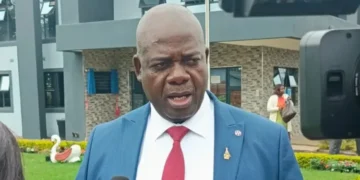
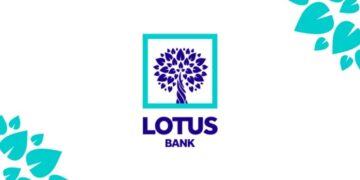


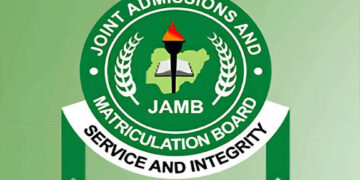
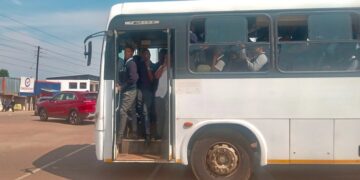



























































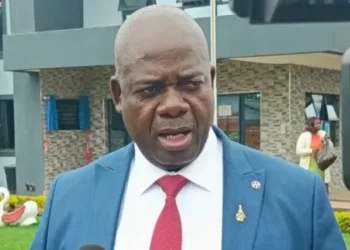
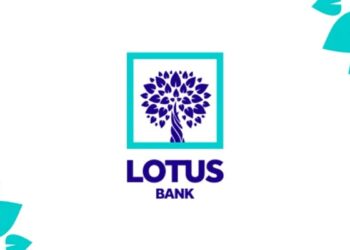

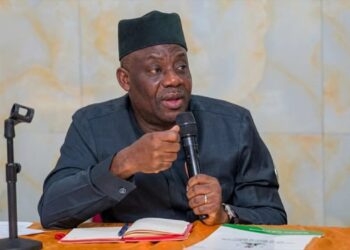

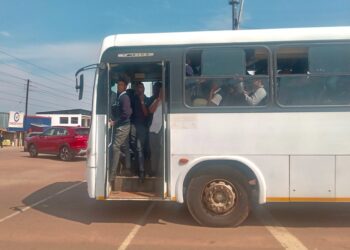










 EduTimes Africa, a product of Education Times Africa, is a magazine publication that aims to lend its support to close the yawning gap in Africa's educational development.
EduTimes Africa, a product of Education Times Africa, is a magazine publication that aims to lend its support to close the yawning gap in Africa's educational development.